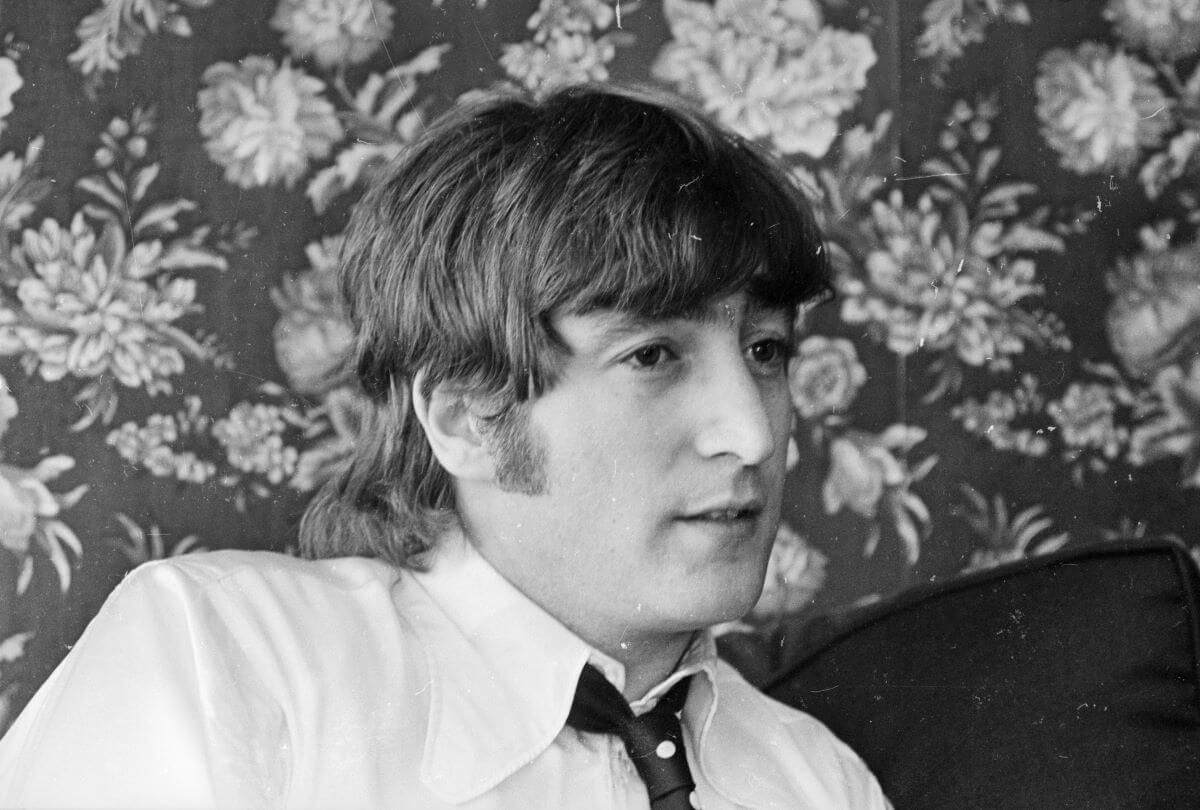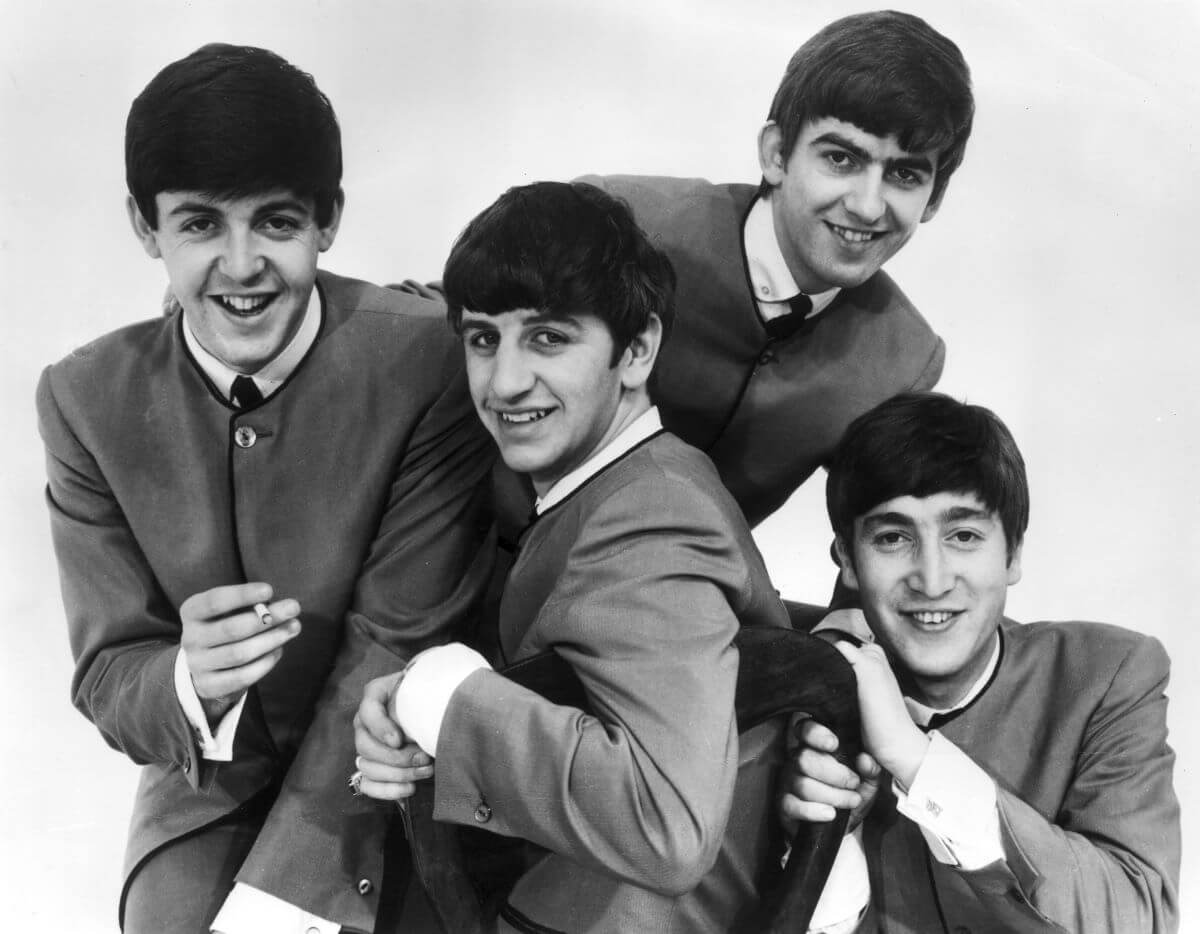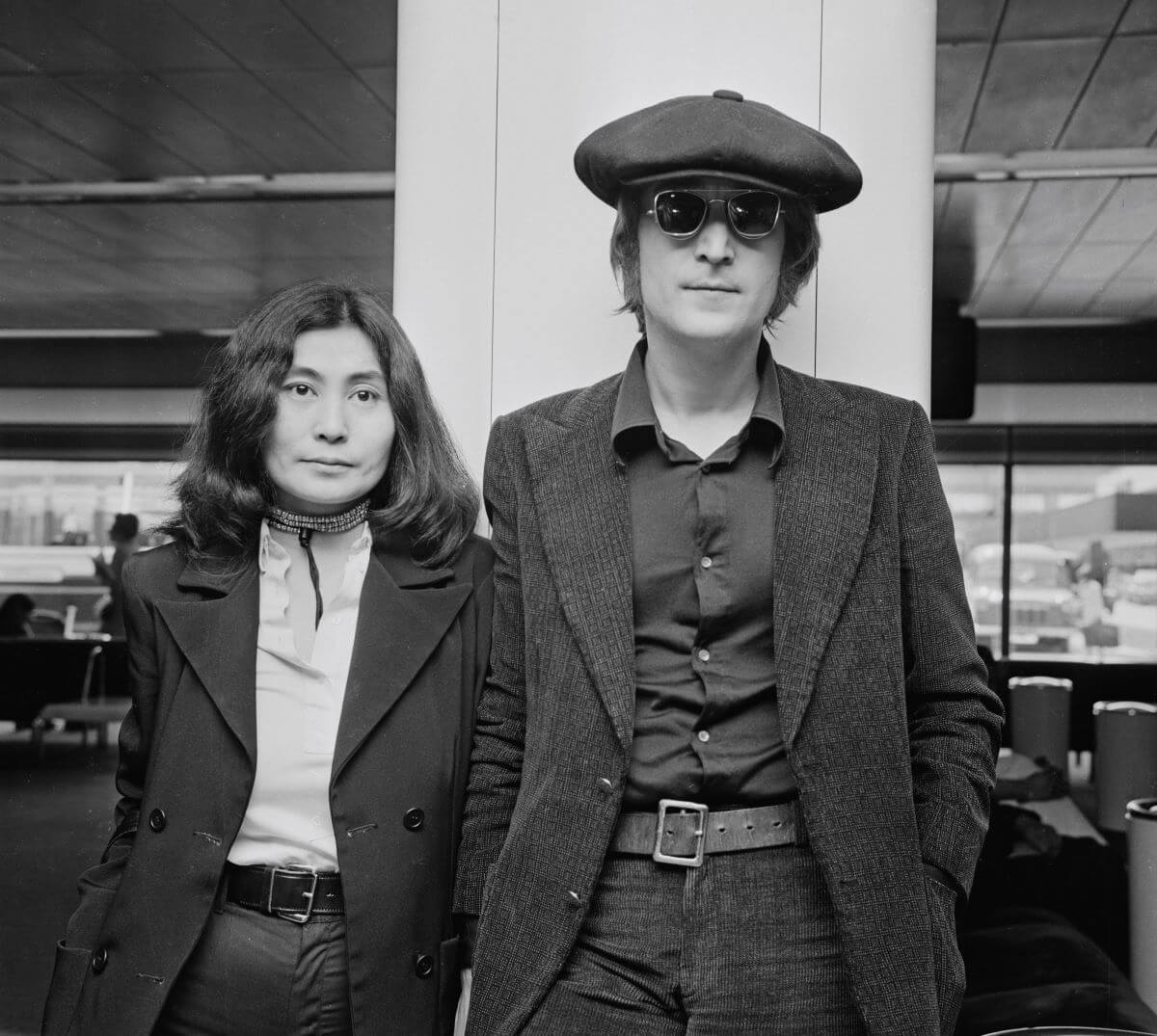
Why John Lennon Felt ‘Ashamed’ to Be British Before Fame
With The Beatles, John Lennon achieved such a high level of fame that he could set trends. The Beatles haircut became so popular that people bought wigs of it. Before fame, Lennon said he followed the fashion trends of Continental Europe. He disliked the styles in England so much that he felt embarrassed to say he was from the country.
John Lennon said he felt embarrassed to say he was British before fame
When The Beatles first became popular, Lennon said the band followed trends rather than inventing them. They enjoyed the styles coming out of Continental Europe and, through following them, popularized them in England.
“We go along with the trends, we always have done,” Lennon said in The Beatles Anthology. “To a degree we can make a trend popular — we don’t usually invent clothes, we wear something we like and then maybe people follow us. Our original style was continental, because English people wore English kinds of clothes. Then continental styles caught on in England, too.”

Before these styles caught on, Lennon said he felt embarrassed to say he was from England. He believed the work The Beatles did to change trends in the country was necessary.
“I was ashamed to go on the Continent and say I was British before we made it,” he said. “The Beatles have tried to change Britain’s image. We changed the hairstyles and clothes of the world, including America — they were a very square and sorry lot when we went over.”
John Lennon felt embarrassed to return to Liverpool after fame
After fame, Lennon’s embarrassment shifted. While he no longer felt embarrassed to be from England, he felt shame when he returned home to Liverpool. His fame and new clean cut image made him feel like a sell out in front of his old friends.
“We couldn’t say it, but we didn’t really like going back to Liverpool,” he said in The Beatles: The Authorized Biography by Hunter Davies. “Being local heroes made us nervous. When we did shows there they were always full of people we knew. We felt embarrassed in our suits and being very clean. We were worried that friends might think we’d sold out. Which we had, in a way.”
He never returned to England after 1971
After 1971, Lennon no longer had to deal with his complicated feelings about England. He moved to New York City with Yoko Ono and would reside in the United States for the rest of his life.
In 1972, the Nixon administration attempted to deport Lennon and Ono for cannabis possession charges from 1968. Lennon fought to stay in the country. He knew that if he were to leave to visit family in England, he would never be able to return to his home in New York.

“There’s no way, they wouldn’t let me back. Not after I’ve dug in so much as it is. There’s no way. And . . . it’s worth it to me,” he told Rolling Stone in 1975. “I can last out, without leaving here, another ten years, if that’s, the way they want to play it. I’ll earn enough to keep paying them. I’m really getting blackmailed. I’m paying to stay. Paying takes, on one hand, about a half-million dollars, and I’ve hardly worked very hard for that.”
Lennon won out in 1975, but he did not make it back to England before his death in 1980.


